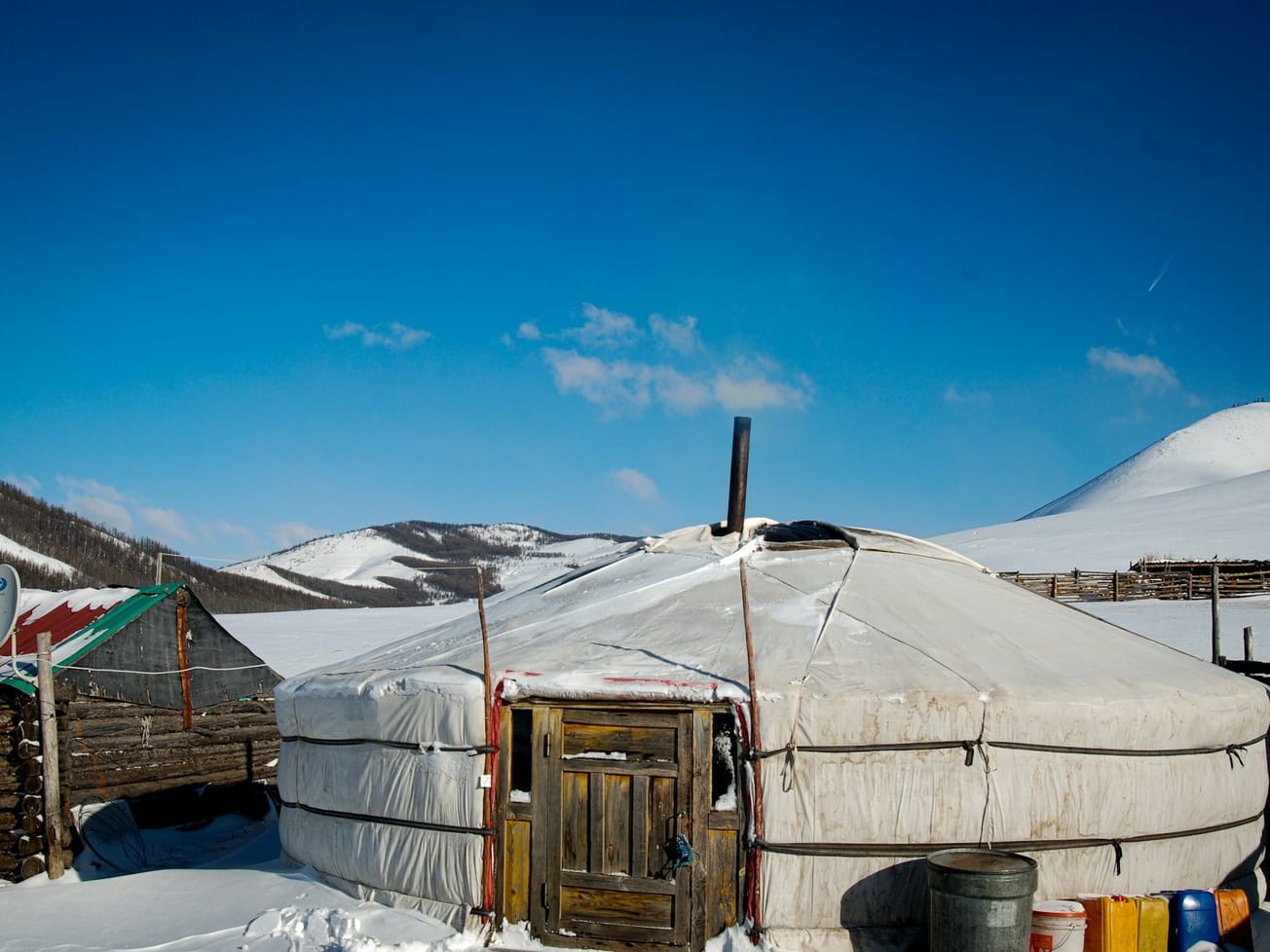In Africa, the elephants are stressed. On the steppes of Mongolia, nomadic herders are watching their animals die. And deep in the North Atlantic, the currents that help regulate the earth’s climate are on the cusp of collapse.
The common thread to these far-flung and seemingly disparate global events is summed up in a recent report by the U.N.’s climate agency.







